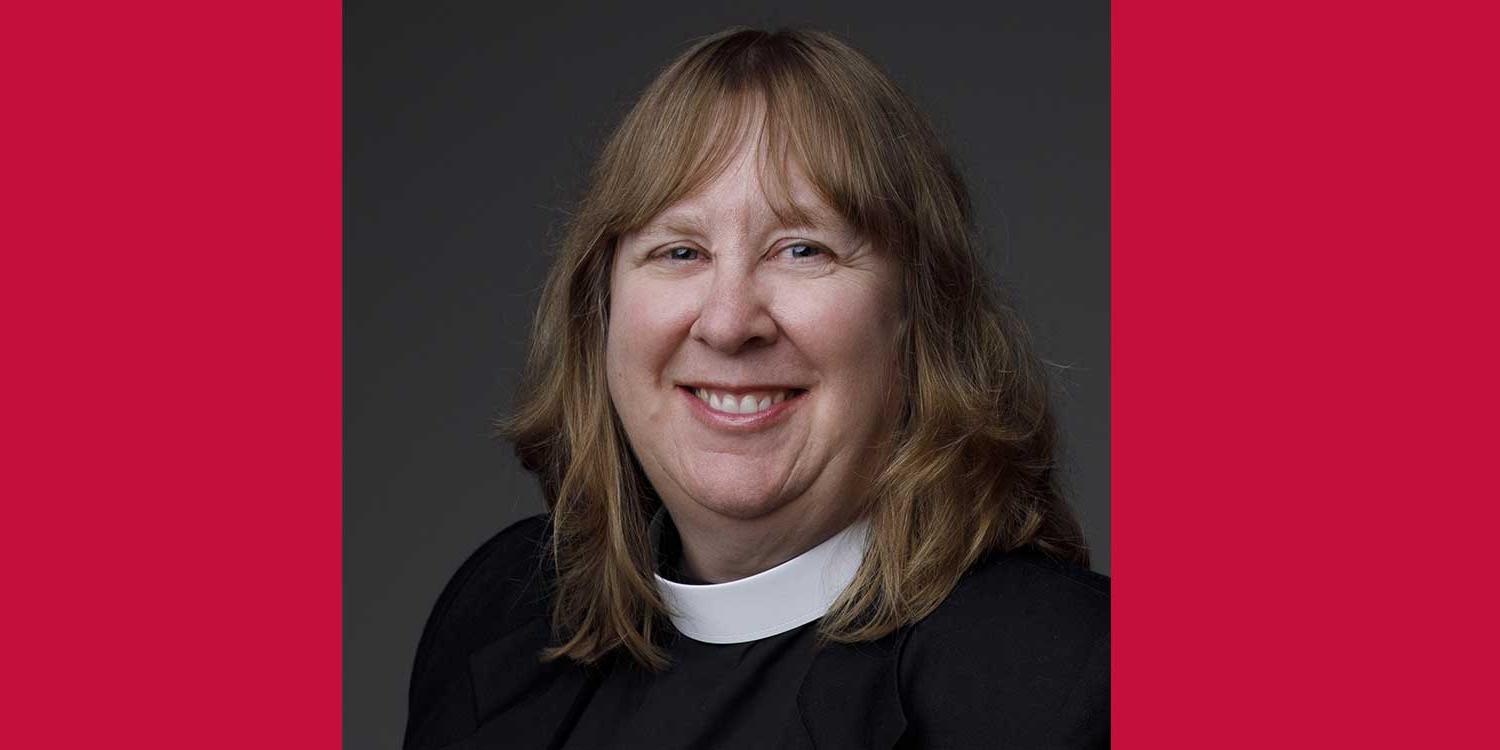In the fifteenth year of the reign of Tiberius Caesar, when Pontius Pilate was governor of Judea, and Herod was ruler of Galilee, and his brother Philip ruler of the region of Ituraea and Trachonitis, and Lysanias ruler of Abilene…..the word of God came to John son of Zechariah in the wilderness. (Luke 3:1-2)
You couldn’t call him a strict vegetarian—this man who ate locusts with his wild honey. John the Baptizer. Mark and Matthew portray him as a wild man. Dressed in camel’s hair. Eating strange food. Preaching judgment. Preparing the way for Jesus.
John’s distinctive clothing, weird diet, and enigmatic appearance in the wilderness are attention-grabbing. But Luke doesn’t talk about these things. Instead, Luke sets John the Baptizer firmly within human history. Luke names rulers and regions that twenty-first-century English-speaking tongues trip over: Lysanius, Ituraea, Trachonitis. Readers’ eyes might skip over this part of the passage, waiting for Luke to get to the point: In the fifteenth year of the reign of Tiberius Caesar, when Pontius Pilate was governor of Judea, and Herod was ruler of Galilee, and his brother Philip ruler of the region of Ituraea and Trachonitis, and Lysanias ruler of Abilene (3:2).
However, Luke’s chronology, with its listing of rulers and places, is, in fact, part of Luke’s point. Even as the baptizer’s words speaks to us in our own time, John first delivered his message in a precise location, at a specific point in time, to a particular audience. Jesus was born and ministered at a particular time, ruled by earthly tyrants. That is what incarnation (“enfleshment”) entails. God the Son, who existed before all time and transcends all time, was born into history. Taking on human flesh, he entered time and place.
We ourselves are embedded in a particular time with its unique challenges. If you narrated your birth or your calling in terms of national events, what would you write? (I might begin by saying I was born the year President John F. Kennedy was assassinated, the year after the Cuban Missile Crisis.)
Sometimes we might wish to have been born some other time and place. But it is here—in this place and in this time in human history—that we are called to live out our vocation, trusting that Christ, who entered human time for our redemption, sustains us with his promise of the resurrection and new life.
The Reverend Joy A. Schroeder, Ph.D.
Professor of Church History
Holder of the Trinity Chair in Lutheran Heritage
Trinity Lutheran Seminary forms leaders for Christ’s church at work in the world.
